Universities launch pioneering space programme to boost UK skills and graduate opportunities
Students in the Space South Central region now have the unique opportunity to design and launch a satellite mission, thanks to an ambitious new programme from three of the space cluster’s partner universities.
A collaboration between the universities of Surrey, Portsmouth and Southampton, JUPITER – the Joint Universities Programme for In-Orbit Training, Education and Research – will equip participants with invaluable hands-on space industry experience and training for their future careers.
Connecting business and academia, the pioneering programme will also help address the UK space sector’s growing demand for specialist skills, and demonstrate the impact of regional space clusters to boost innovation and growth as part of the National Space Strategy. In addition to its university relationships, Space South Central also represents more than 170 space-related businesses across Hampshire, Surrey and the Isle of Wight.
For JUPITER’s inaugural project, engineering and physics students from all three universities will design, build and test their own Earth observation payload for a satellite mission, be involved with its launch and, once in orbit, conduct mission operations from the University of Surrey’s ground station at Surrey Space Centre.
The satellite – Jovian-1 – will be around the size of a large shoe box and feature:
The payload designed, built, tested and delivered by students from the three universities which will take images and videos of the Earth and attempt to use a space-facing camera to look for space debris
A FUNcube provided by AMSAT-UK, a communications payload which makes access to radio signals and data from the satellite possible using basic equipment, for schools, colleges and wider outreach
Elements of a future Dark Matter experiment being undertaken by the University of Southampton, taking a significant first step in demonstrating the suitability of their hardware and concept for use in space
A space radiation monitor from the University of Surrey, to better understand space weather at the coming solar maximum and its effects on satellites. Space weather caused the impressive aurorae visible across much of the globe in May this year but can also pose risks to critical space infrastructure
An innovative Tiny Machine Learning payload, led by the University of Portsmouth’s world-leading data-intensive research institute, the Institute of Cosmology and Gravitation, will be designed to work with all the other payloads. This will maximise the value of information sent to Earth from space and will spearhead public outreach on the importance of space data and AI in all our lives.
Students involved in the project from left to right we have: Sam Gibson (Southampton), Alejandro Parra Pintado (Southampton), Ieuan Carney (Surrey), Mae Parsons (Surrey), Ross Wakelam (Portsmouth) and Sarah MacDonald (Portsmouth)
A team of students from undergraduate to PhD level has already started work, led by University of Surrey PhD student, Ieuan Carney. He said:
“This project is a great opportunity for students to get hands-on with real space engineering, allowing us to further develop the skills from our degrees.
“As the student team lead, I’m already seeing progress in the students’ ability to not only identify potential design challenges, but also in how they’re improving their designs to overcome potential problems.
“We’re incredibly grateful for this opportunity to advance our skills as spacecraft engineers.”
Professor Adam Amara, Director of Space Strategy at the University of Surrey, which is responsible for coordinating, designing and delivering the mission, said:
“This is a fantastic opportunity for students and academics from three universities to work together on an ambitious project.
“The JUPITER programme is a phenomenal way to further build the space skills in the UK’s South Central region and get people excited about space, the careers it offers, and the way it inspires people of all ages.”
Dr Becky Canning, Deputy Director for Space and project lead at the University of Portsmouth, said:
“Our Universities are privileged to have a deep connection to our vibrant regional space sector and to have a strong heritage and partnership in space research, and it is a delight to be able to strengthen that partnership through this exciting project.”
“This ongoing partnership will offer an exceptional learning and outreach opportunity to our current and future students and to local schools ensuring the sector continues to thrive.”
Professor Hendrik Ulbricht, leading the University of Southampton’s involvement, said:
“This is a great opportunity for us to conduct a long-dreamed-of experiment in space.
“We have the unique chance to do a fundamental physics experiment and directly test for low-mass Dark Matter in space with our levitated mechanical sensors, which are at an early stage of development and will aid our research in the future.”
David Bowman, Radio Frequency Communications Engineer and team lead for the AMSAT-UK payload on Jovian-1, said:
“AMSAT-UK is delighted to be offered the opportunity to provide a payload on the exciting Jovian-1 mission.
“The FUNcube Lite payload will provide a U/V FM voice transponder facility for amateurs to use for international communications, and will also transmit telemetry, messages and mission data for educational outreach for schools and colleges using the tried-and-tested FUNcube data format.“

